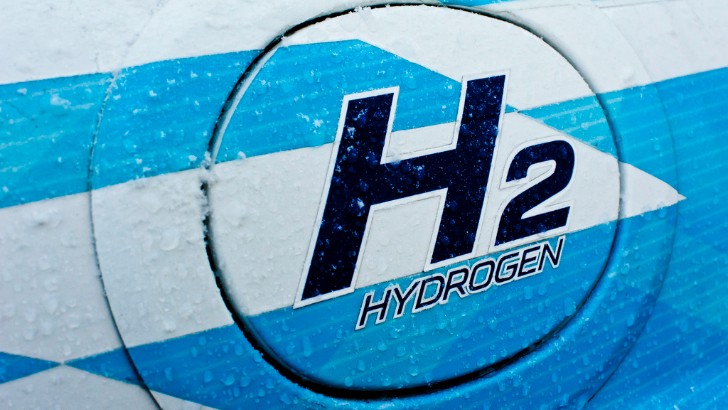Three major automating forces of the world have united for a common goal. They want to 'accelerate the commercialisation of fuel cell electric vehicle technology'. The three big names are Daimler, Ford and the Renault-Nissan group, all of which are manufacturers that have already tested the waters with eco-friendly cars.
Mitsuhiko Yamashita, Member of the Board of Directors and Executive Vice President of Nissan, supervising Research and Development, said: “Fuel cell electric vehicles are the obvious next step to complement today’s battery electric vehicles as our industry embraces more sustainable transportation [ . . . ] We look forward to a future where we can answer many customer needs by adding FCEVs on top of battery EVs within the zero-emission lineup.”
His statement was completed by that of Prof. Thomas Weber, Member of the Board of Management of Daimler AG, Group Research & Mercedes-Benz Cars Development, who was quoted as saying: “We are convinced that fuel cell vehicles will play a central role for zero-emission mobility in the future. Thanks to the high commitment of all three partners we can put fuel cell e-mobility on a broader basis. This means with this cooperation we will make this technology available for many customers around the globe.”
The official statement for Ford was given by Raj Nair, VP of the company's Global Product Development arm. He said: “Working together will significantly help speed this technology to market at a more affordable cost to our customers [ . . . ] We will all benefit from this relationship as the resulting solution will be better than any one company working alone.”
The three will jointly develop a common fuel cell electric vehicle system, which will be then adapted and used by each manufacturer in their own unique way. If you were wondering why they did this, it all comes down to costs and development times, and by doing the research jointly, we may have a fuel-cell electric vehicle on the market, on sale, by 2017, if they do manage to achieve their goals. They have also stated that they want to make the new vehicle 'affordable', however, it is a very relative term, and it depends on what you compare it with.
His statement was completed by that of Prof. Thomas Weber, Member of the Board of Management of Daimler AG, Group Research & Mercedes-Benz Cars Development, who was quoted as saying: “We are convinced that fuel cell vehicles will play a central role for zero-emission mobility in the future. Thanks to the high commitment of all three partners we can put fuel cell e-mobility on a broader basis. This means with this cooperation we will make this technology available for many customers around the globe.”
The official statement for Ford was given by Raj Nair, VP of the company's Global Product Development arm. He said: “Working together will significantly help speed this technology to market at a more affordable cost to our customers [ . . . ] We will all benefit from this relationship as the resulting solution will be better than any one company working alone.”
The three will jointly develop a common fuel cell electric vehicle system, which will be then adapted and used by each manufacturer in their own unique way. If you were wondering why they did this, it all comes down to costs and development times, and by doing the research jointly, we may have a fuel-cell electric vehicle on the market, on sale, by 2017, if they do manage to achieve their goals. They have also stated that they want to make the new vehicle 'affordable', however, it is a very relative term, and it depends on what you compare it with.
